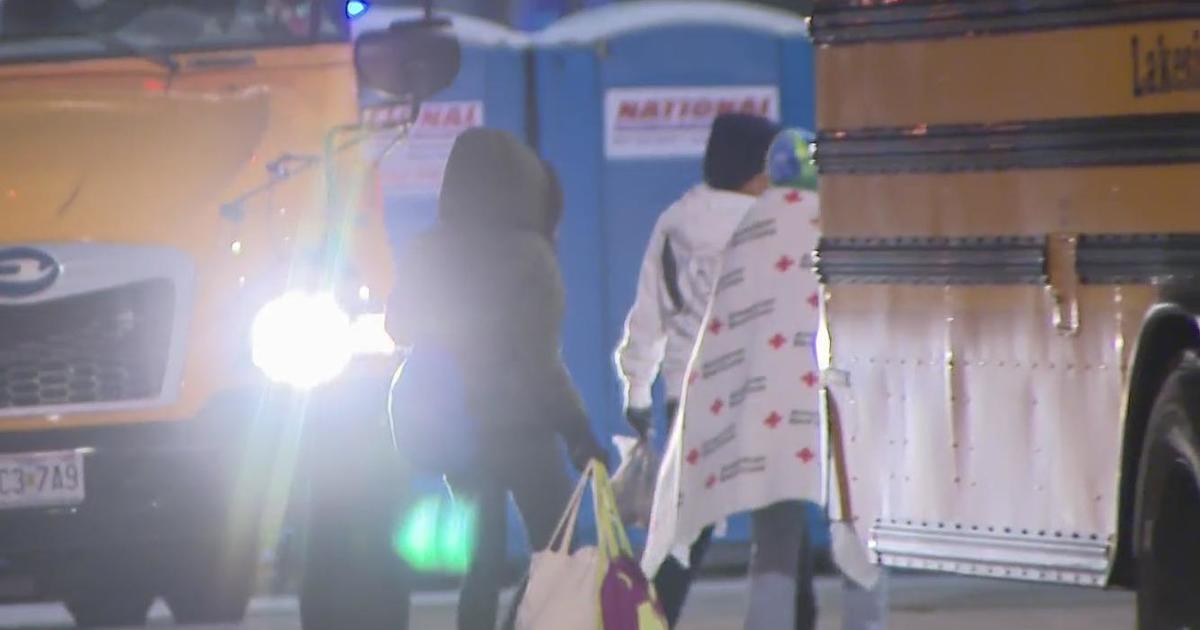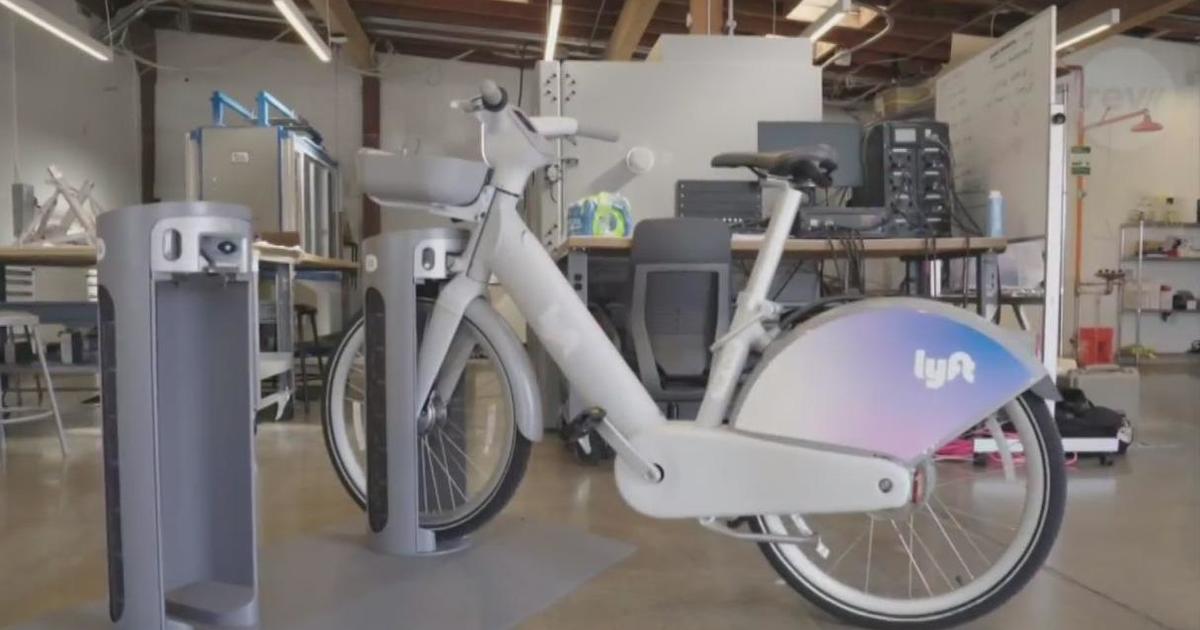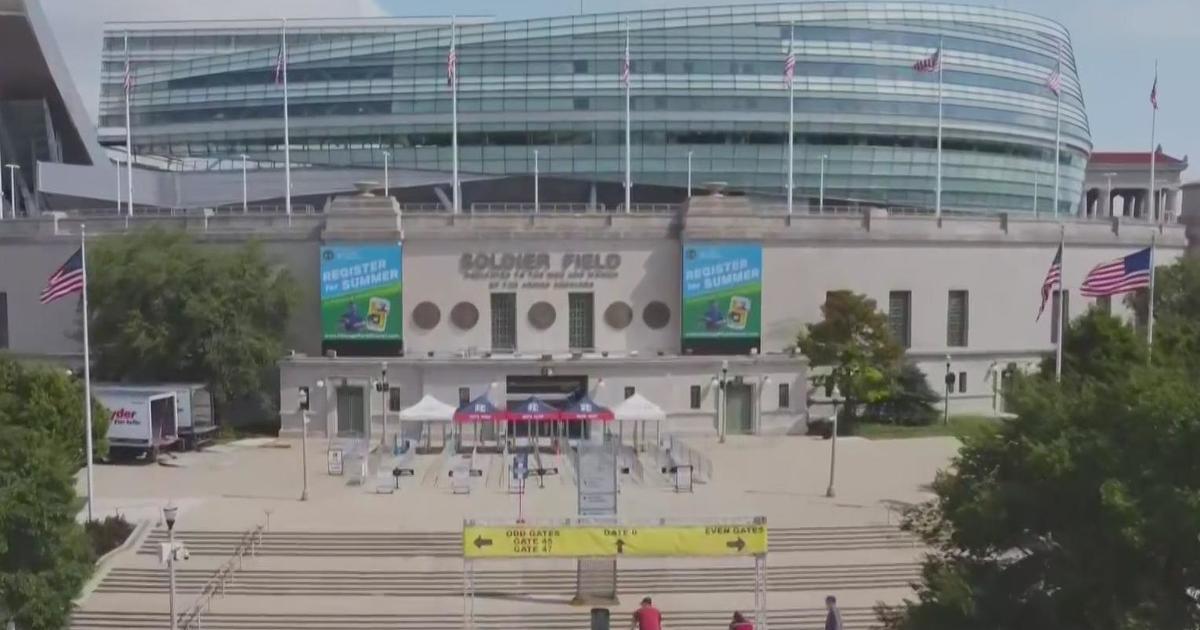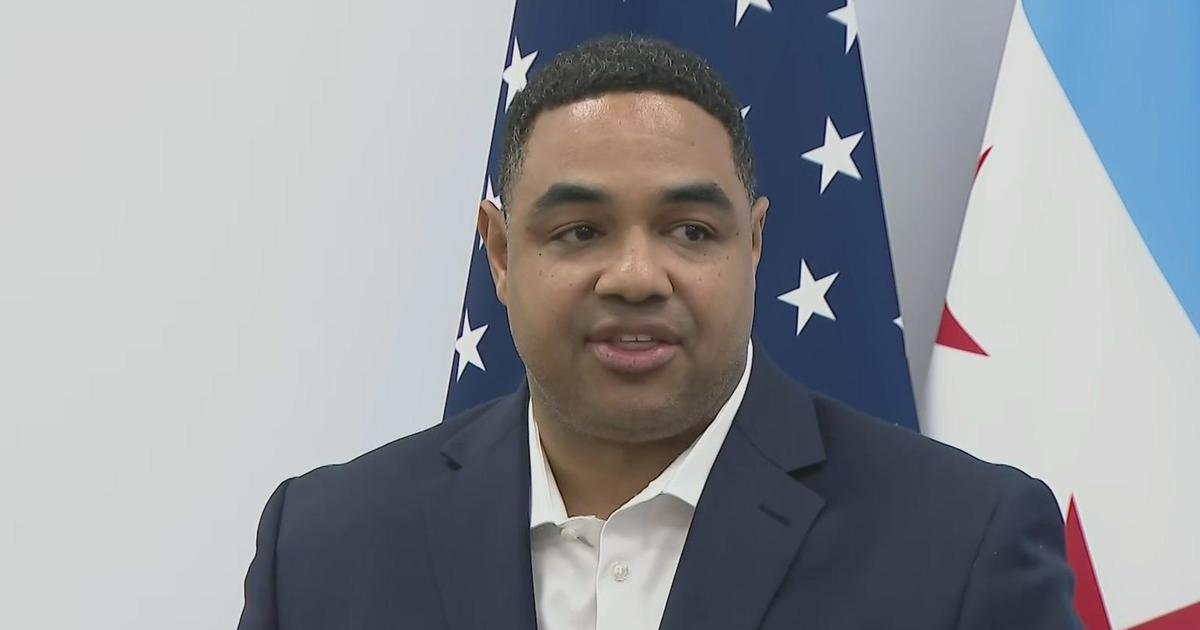Coronavirus In Illinois: 1,545 New COVID-19 Cases, 146 Additional Deaths; But Hospitalizations Continue To Drop
CHICAGO (CBS) -- Even as 146 more coronavirus patients in Illinois died in the past day, and overall cases continued to rise, the number of people being treated in hospitals continued to drop as Illinois remains on pace to enter the next phase of reopening at the end of the month.
Illinois Department of Public Health Director Dr. Ngozi Ezike said there have been 1,545 new confirmed coronavirus caes in Illinois in the past 24 hours, including 146 additional deaths. Since the start of the pandemic, Illinois has had 98,030 confirmed virus cases, and 4,379 deaths.
Gov. JB Pritzker also announced Illinois now ranks first in the U.S. in per-capita COVID-19 testing over the past week, though he acknowledged "there is much more work to do to advance testing to make it even more widely available."
According to Ezike, the state has conducted a total of 621,684 total tests since the start of the pandemic, including 18,443 in the past day. She said the statewide positivity rate for the past 24 hours was 8%.
At the same time, virus hospitalization rates have reached their lowest levels since the state started tracking that data in April. As of Monday night, 4,002 virus patients were being treated in Illinois hospitals, including 993 in intensive care, and 576 on ventilators.
"There is evidence that the stay-at-home plans are working. I know people are asking 'Why are there so many cases, and why are people continuing to die?' We know that the number of cases is a big function of how many tests we are doing, and we know the deaths would have been significantly increased if we had not implemented a stay-at-home order. We could have seen tens of thousands of deaths," Ezike said.
The number of COVID-19 patients hospitalized in Illinois has dropped more than 20% from a peak of 5,036 on April 28. The number of virus patients in intensive care has gone down more than 23% from a peak of 1,290 on April 28. Ventilator usage has dropped 28% from a peak of 800 virus patients on April 12, when the state started tracking hospitalizations.
While she said she could not provide specifics on the number of people who have recovered from the virus, Ezike said, based on phone and email surveys of known COVID-19 patients, between 70% to 74% report having fully recovered within three weeks of testing positive for COVID-19. Ezike said state officials hope to provide more specific data soon, but she said compiling accurate recovery data is more difficult, because not everyone who gets the virus ends up in the hospital, and therefore doesn't necessarily let their doctor or public health department know if they've recovered.
Ezike said, although it's obviously a good sign that fewer people are being hospitalized due to the virus, she said officials need to continue keeping a close eye on those numbers after the state moves to the next phase of easing restrictions, to make sure there isn't another spike in cases as more businesses start to reopen.
"We will continue to follow these numbers, and it's why we need a hard reset, and can't just jump from phase 2 to Phase 4, because with each phase we've made changes in loosening things up, and so we want to make sure that these new things that are coming on board, that they are not resulting in another new acute spike or increase," she said.
Dr. Emily Landon, lead epidemiologist at University of Chicago Medicine, said the decline in hospitalizations is proof that social distancing efforts have worked to slow the spread of the virus.
"I know a lot of you will also look back on this and wonder why we had to stay at home since nothing awful happened; but like I said in March, this exactly is the mark of success. It's what a flat curve looks like," she said.
In March, Landon said enforcing the statewide stay-at-home order would be the only way to prevent hospitals from being overwhelmed with patients, and reduce the number of people who will die from the virus.
"A successful shelter in place means that you're going to feel like it was all for nothing, and you'd be right, because nothing means that nothing happened to your family, and that's what we're going for here," Landon said at the time.
She echoed those comments on Tuesday, as she again joined the governor's daily briefing on COVID-19.
"This virus is tricky, and even keeping things flat has required huge sacrifices. Now we all realize there will be no swift rescue, no knight in shining armor in the form of a vaccine or an antiviral that will sweep in and return our lives to normal before the summer comes," she said.
Landon said, while its disappointing not to be able to look forward to sitting by the pool or taking a real vacation this summer, there is still risk even from the state's gradual reopening plan.
"Business as usual could set off another wave of infections that threaten our lives and our liveliehoods. We need masks, we need hand hygiene, and we need distance to make this work, and we do need to be all in in order to be successful," she said.
She also reminded people they can spread disease without ever getting sick themselves, and masks can not only protect people from getting the virus, but from infecting others if they have it and don't know it.
"Never leave the house without your face covering, and always put it on when you go inside another building, or if you're near other people outside," she said. "Soon, I promise it will be as natural as wearing pants which most of us are pretty good about."
While all four regions of Illinois remain on pace to enter Phase 3 of Pritzker's "Restore Illinois" plan to gradually reopen the state's economy on a regional basis, Ezike said people need to continue taking precautions to protect themselves from the virus, such as wearing masks in public when they can't stay at least six feet away from others.
Under Phase 3 of Restore Illinois, non-essential manufacturing and other non-essenstial businesses would be allowed to reopen under approved safety guidance from the Illinois Department of Public Health. Remote work, whenever possible, would still be encouraged.
Barber shops and salons would be allowed to reopen; and gyms and fitness clubs would be allowed to offer outdoor classes and one-on-one training; all with IDPH guidance. State parks also would be allowed to reopen, as would limited childcare and summer programs. Non-essential public gatherings of up to 10 people would be allowed, as opposed to the current limit of only essential gatherings of up to 10 people.
"Everybody should be, I think, optimistic about 10 days from now," Pritzker said. "Haircuts, and manufacturing, and offices, and warehousing, and lots of industries and jobs coming back online, and frankly I think everybody is pretty excited about it."
The governor said the state will begin issuing safety guidelines later this week for businesses that will be allowed to reopen in Phase 3. He also continued to insist that his regional approach to gradually reopening the economy is the best way to move forward, rather than allowing individual counties and cities to implement their own plans.
"Some people don't want to hear anymore that this is about keeping people safe, but it is, and we're doing everything we can to open up the economy and do it safely," he said. "I will aggressively pursue reopening, but not at the expense of people's health and safety."



